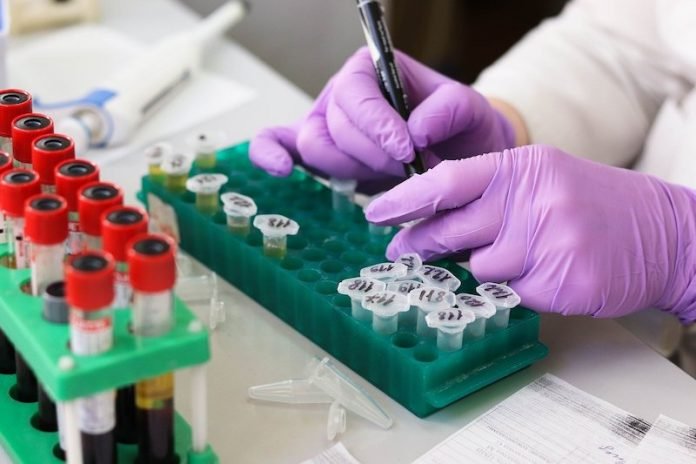
In a new study, researchers found a bioengineering technique to boost production of specific proteins could help develop an effective vaccine against the COVID-19 virus.
Scientists manipulated a natural cellular process to ramp up levels of two proteins used by the virus to infect other cells, packaged the protein-boosting instructions in nanoparticles, and injected them into mice.
Within a month, the mice had developed antibodies against the SARS-CoV-2 virus.
The technique involves altering specific sequences of messenger RNA, molecules that translate genetic information into functional proteins.
While these sequences are not translated to proteins, the researchers changed their structures to promote higher-than-usual levels of proteins. The sequences are known as untranslated regions or UTRs.
Though Phase 3 clinical trials of fast-tracked COVID-19 vaccine candidates are in progress, the team said the lab’s platform offers a potential alternative.
The research was conducted by a team at Ohio State University.
The crux of the method is typical to vaccine development: using snippets of a pathogen’s structure to produce an antigen—the foreign substance that triggers an appropriate immune response—and finding a safe way to introduce it to the body.
But the engineering technique takes antigen design to a new level by making use of messenger RNA UTRs.
UTRs themselves are strings of nucleotides, the molecules that compose RNA and DNA.
The team experimented with two potential antigens that the novel coronavirus is known to use to cause infection: a spike protein on its surface and a receptor-binding domain, a component of the spike protein, that the virus uses to make its way into host cells—a necessary step to make copies of itself.
Both are used in other SARS-CoV-2 vaccine candidates.
After manipulating the messenger RNA for these two proteins, the team encased them in lipid nanoparticles developed previously in the lab.
They injected mice with the experimental vaccine and gave them a booster two weeks later.
A month after the first injection, immune cells in the mice had taken up the antigens of the two proteins and developed antibodies against them.
The team says it takes some time for the immune system to process the antigens and have cells produce antibodies. In this study, they detected antibodies after 30 days.
One author of the study is Yizhou Dong, an associate professor of pharmaceutics and pharmacology.
The study is published in Advanced Materials.
Copyright © 2020 Knowridge Science Report. All rights reserved.



